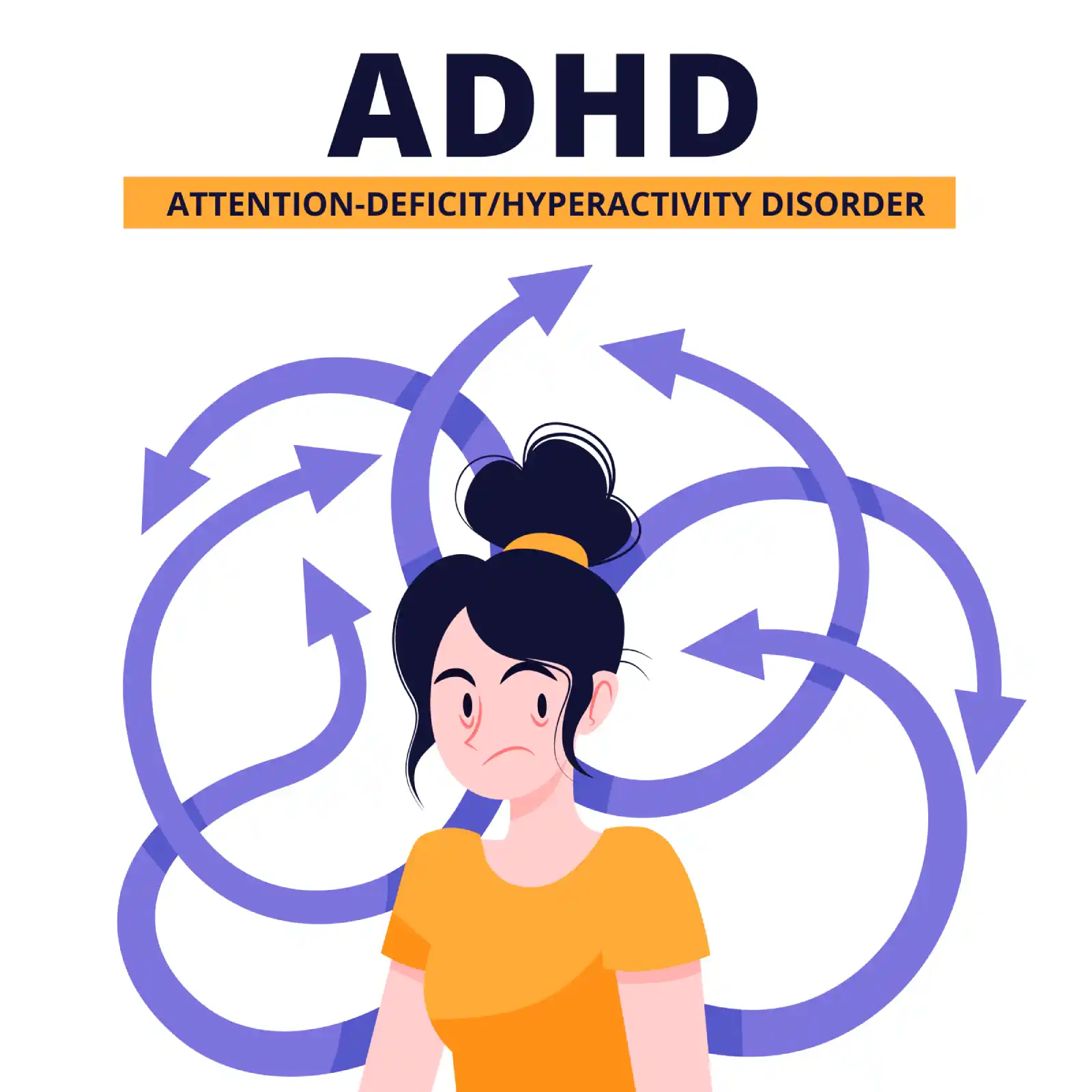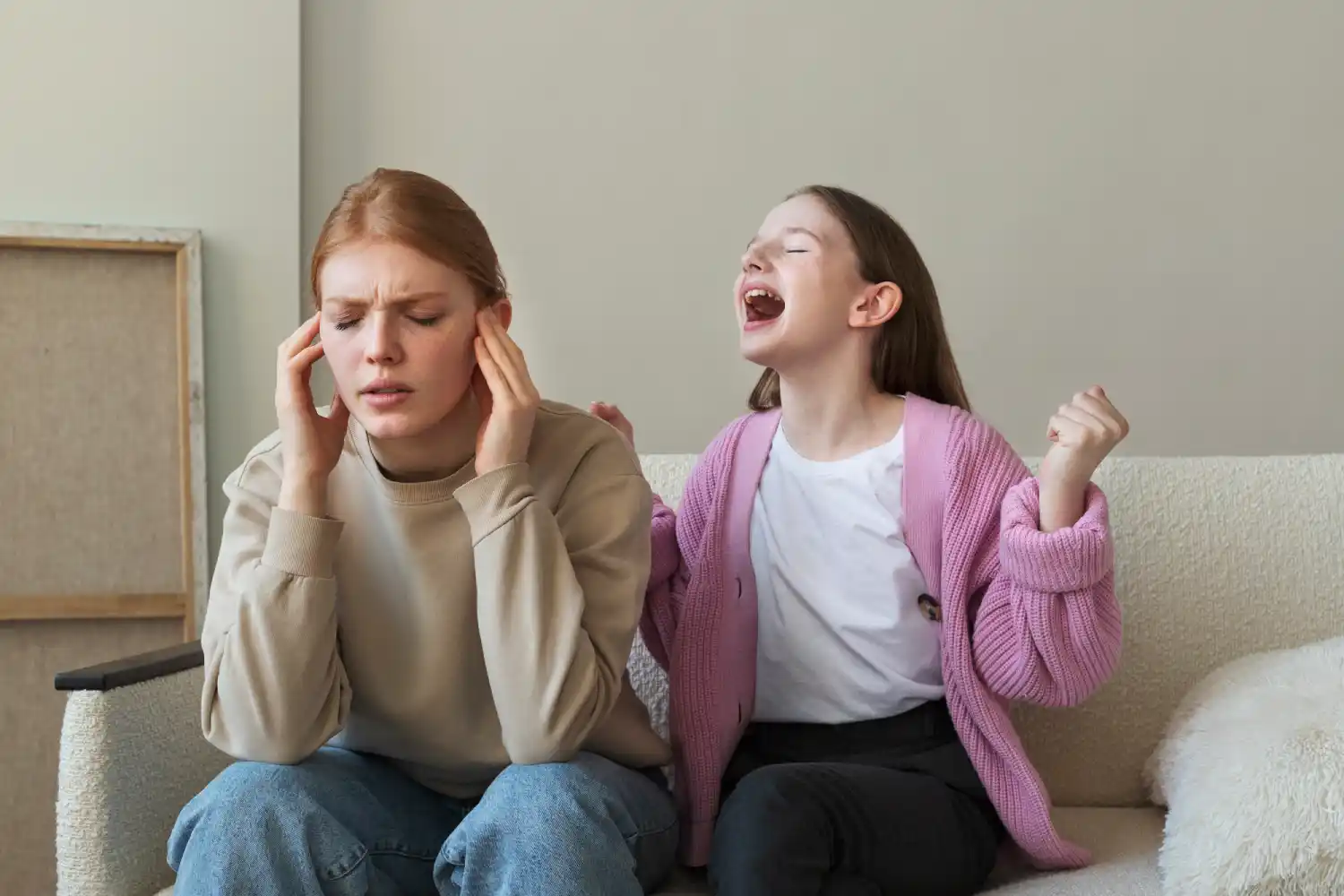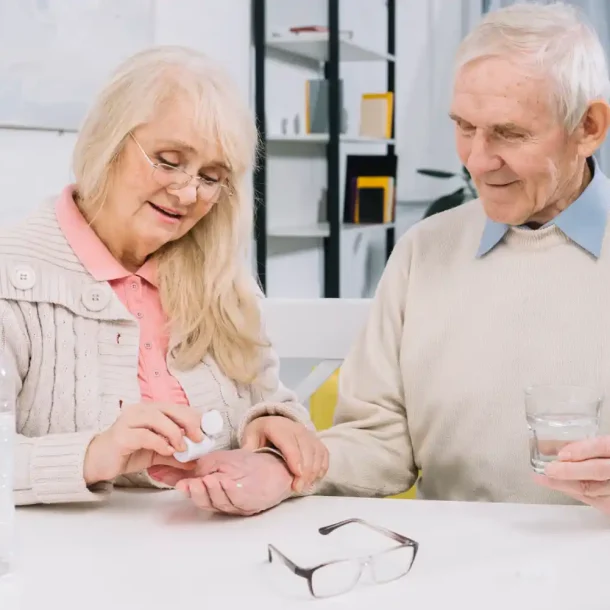
ADHD in Women: The Overlooked Root of Depression and Emotional Burnout
Many women struggle with undiagnosed ADHD, mistaking it for depression. Discover the hidden connection, why antidepressants may worsen symptoms, and how to take the right steps for your mental clarity.
🎯 ADHD in Women: The Hidden Link to Depression
Ever felt like you’re doing everything “right” but still emotionally exhausted and mentally foggy? It might not just be depression – it could be undiagnosed ADHD.
Here’s what most doctors miss, and why it matters especially for women.
ADHD in Women: The Hidden Link to Depression Doctors Often Miss
Depression is one of the most common mental health diagnoses in women. But what if the symptoms you’re experiencing — exhaustion, disorganization, emotional overwhelm — are actually signals of something else? For many women, the real issue is undiagnosed ADHD.

The Silent Struggle of Women with ADHD
Unlike the classic hyperactive image often associated with ADHD in boys, ADHD in women often manifests internally — in the form of chronic overthinking, anxiety, emotional dysregulation, or perfectionism. Many women aren’t diagnosed until adulthood, and by then, years of mislabeling and untreated symptoms have taken a toll.

🚨 Key Insight: ADHD doesn’t begin in adulthood. It’s always been there — it’s just been misunderstood.
🧠 Why ADHD Is Often Misdiagnosed as Depression in Women
When women with ADHD finally seek help, their symptoms often sound like depression: emotional fatigue, persistent sadness, and a sense of being overwhelmed. Most doctors, hearing these symptoms, reach for the typical prescription — antidepressants.
But here’s the problem:
- Antidepressants are designed to boost serotonin levels.
- ADHD, however, is rooted in dopamine dysfunction, not serotonin.
- Increasing serotonin without addressing dopamine can actually worsen ADHD symptoms — leading to more disorganization, distractibility, and emotional disconnection.
This creates a frustrating and harmful cycle:
👉 Misdiagnosis → Mistreatment → Worsening Symptoms → More Confusion
Many women spiral deeper into self-doubt, never realizing that their “depression” is actually ADHD in disguise.
The Emotional Toll of Undiagnosed ADHD
ADHD symptoms in women, emotional burnout, mental health in women.
🌀 What Living with Untreated ADHD Feels Like
- You start multiple projects but rarely finish them.
- Your brain feels like it’s constantly running — but nothing gets done.
- You procrastinate, panic, then criticize yourself.
- You feel “lazy,” “flaky,” or like you’re not good enough.
- You’re emotionally reactive, often burnt out, and secretly exhausted.
These aren’t just signs of stress or mood swings.
They are core symptoms of ADHD, especially in women – often overlooked, often mislabeled. Understanding the true cause is the first step to real healing.
✅ Summary:
Undiagnosed ADHD in women often mimics depression, leading to years of misdiagnosis and emotional burnout. Understanding the dopamine-serotonin connection is crucial for proper treatment. It’s time to look beyond the surface and treat the root of the struggle — not just the symptoms.
✅ Action:
💬 Have you ever wondered if your depression might be ADHD in disguise?
Drop a question in the comments or share your story — you’re not alone.
👀 Visit our Brain Wellness Blog for more resources on ADHD, mental clarity, and holistic healing for women.

Helping clients improve brain health and prevent Alzheimer’s through expert coaching.
Navigate

Helping clients improve brain health and prevent Alzheimer’s through expert coaching.
Navigate

Helping clients improve brain health and prevent Alzheimer’s through expert coaching.


